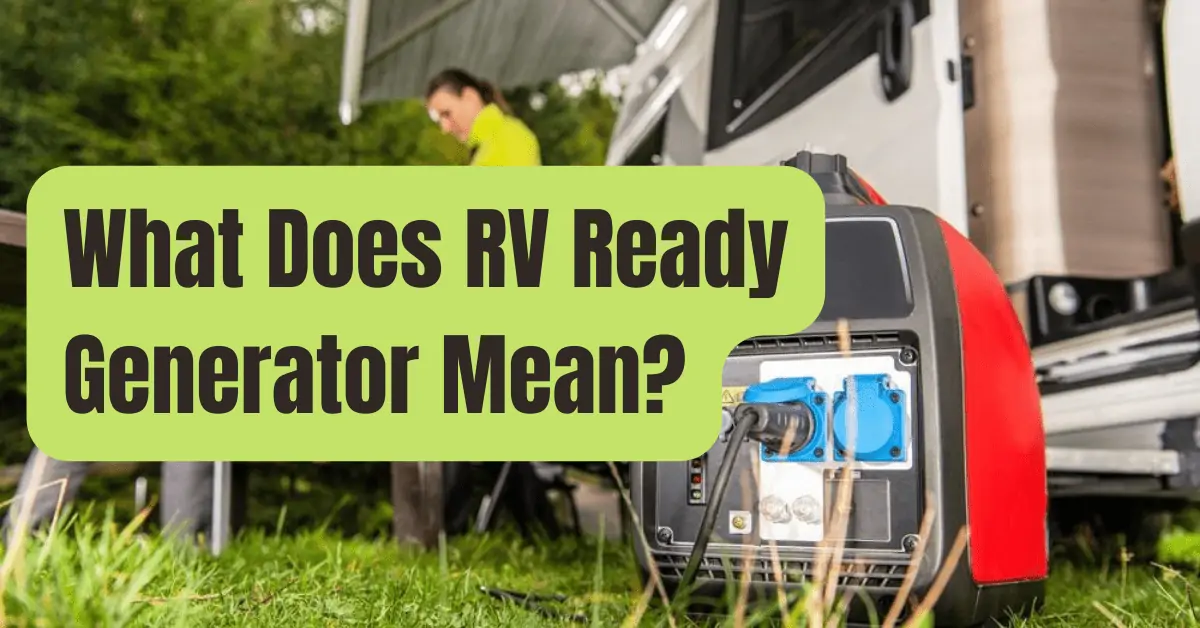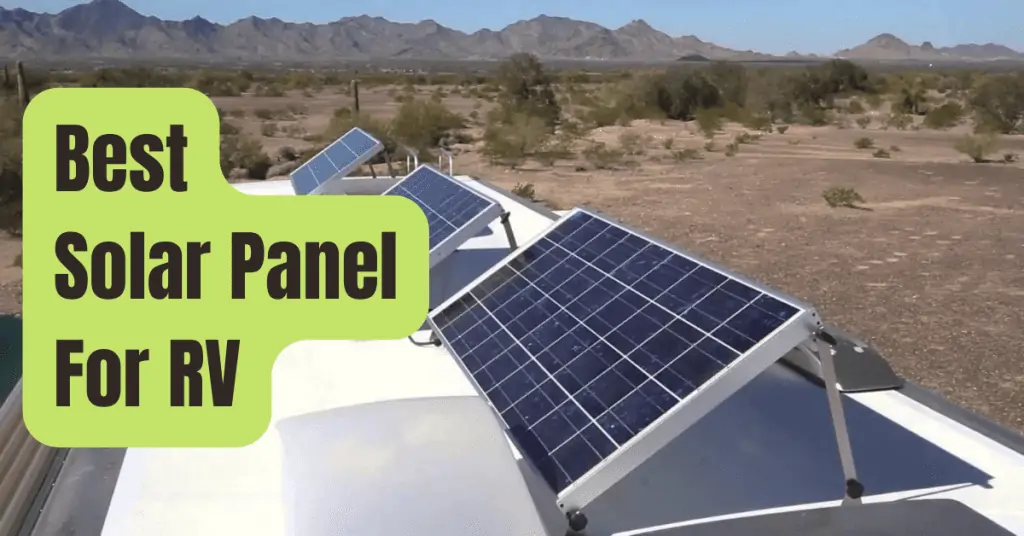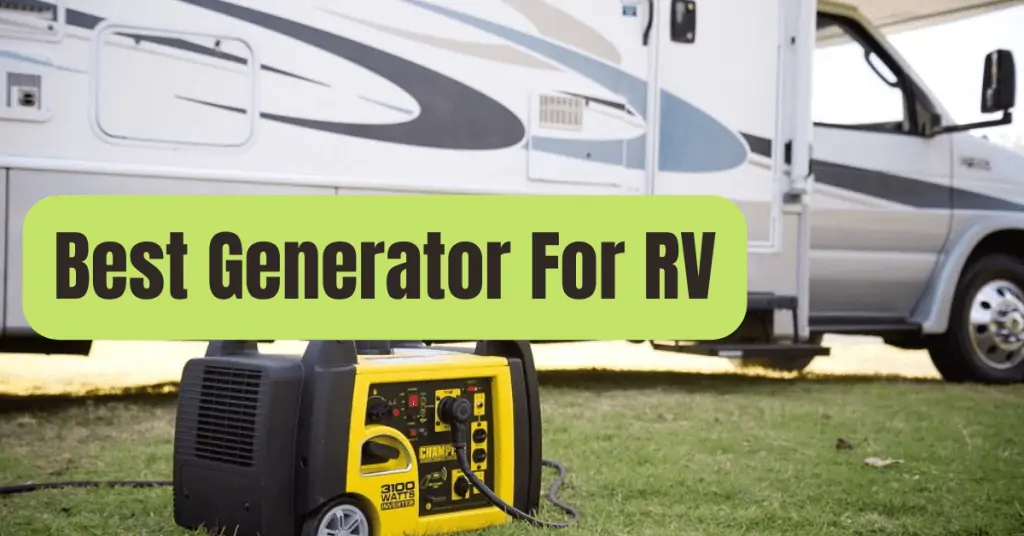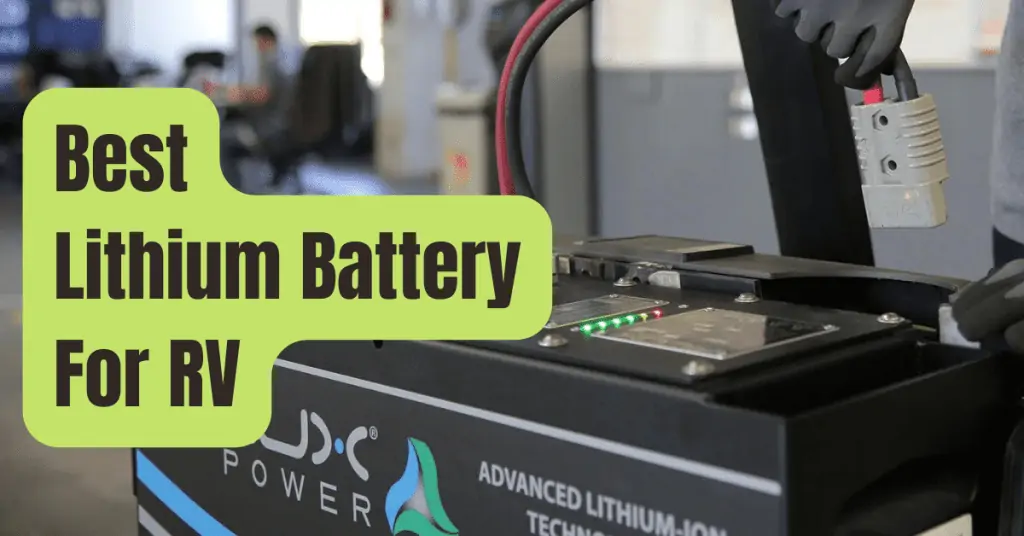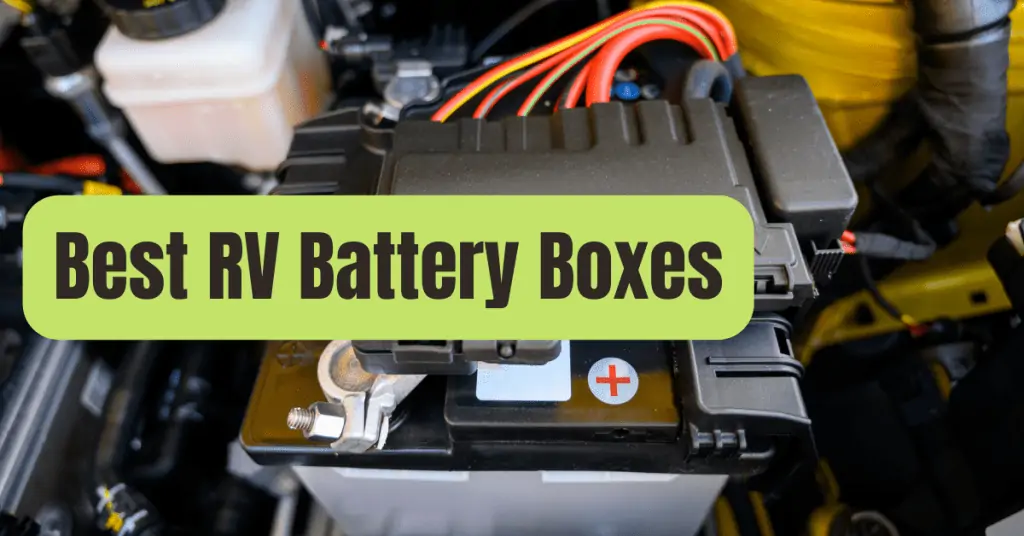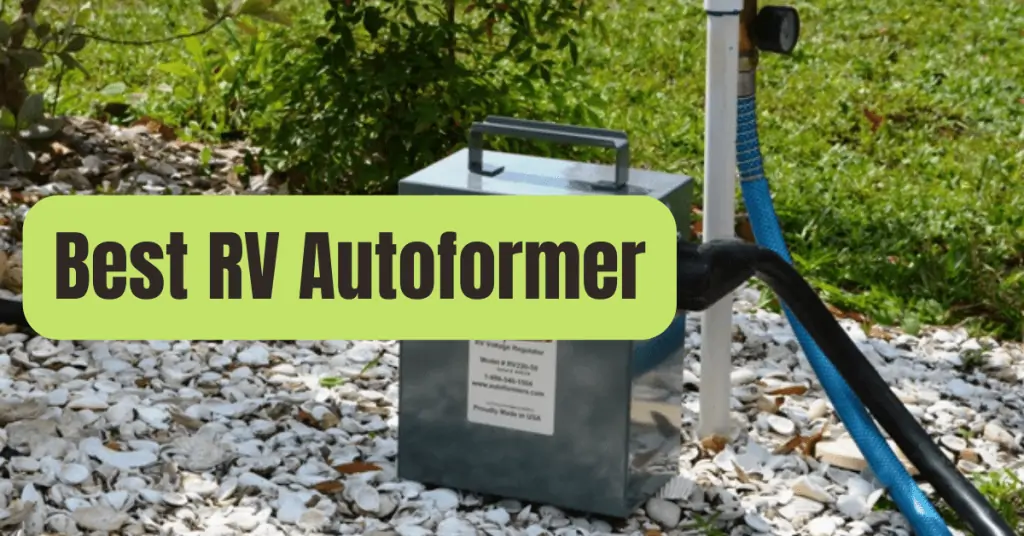You will never experience a power outage with the RV ready generator.
Shore electricity is usually provided in campgrounds.
The RV port may be plugged into the shore power panel, which will light up your whole vehicle.
What Does It Mean to Have an RV Ready Generator? An RV ready generator is one that has a mechanism built into it that eliminates the need for an adaptor to connect the RV to the generator.
A TT-30R plug, for example, is fitted on the main panel of an RV-ready generator.
It is suited for a 30-amp RV, as indicated by the number 30.
If you’re going camping, you’ll need a generator that’s ready to go.
It is difficult to pick between several models.
RV Ready Generator’s Definition
You’ve probably heard the phrase “RV ready generator,” but aren’t sure what it means.
You’ll need 30 amps of current and 120 volts of voltage to connect to shore power.
However, if you tried to obtain the same amount of voltage from it directly, it would be impossible.
There are a variety of models on the market that can accommodate the power of such a car and also offer the option of a direct plug-in.
RV makers figured out a method to include all of the essential features.
As a consequence, several businesses are now producing generators with a TT30R connection already installed.
If you have a 30-amp RV, you may directly connect the vehicle to the gadget.
If you have a 50-amp RV, you shouldn’t be concerned.
To operate its appliances, the car need air conditioning.
It does, however, deliver electricity in the form of DC.
Engineers and manufacturers came up with a solution to this issue as well.
They began producing invertible versions.
As a consequence, they feature a built-in DC-to-AC conversion mechanism.
15-amp, 30-amp, and 50-amp plugs are available on these cars.
It is not need to purchase any additional equipment in order to connect the RV to it.
It helps you save money and time.
You should also do your homework before purchasing it.
The user manual will explain precisely what the manufacturer means when he or she says anything about the device.
This phrase is used in a variety of ways by different businesses.
What Is the Purpose of Having an RV Ready Generator?
Batteries may be charged using shore power.
On shore power, you can even operate large appliances, however the issue occurs when you don’t have a power source to run various electrical devices.
Similarly, many campgrounds lack access to shore electricity.
As a result, when you park in such a camp, you must pay for the energy as well as the land.
Boondocking, on the other hand, is the place to go if you want to avoid such fees while still having a true camping experience.
Instead, they depend on solar panels and generators to meet their energy demands, while collecting freshwater from showers and sinks to keep them hydrated.
If you like boondocking, you’ll need it.
You won’t be able to afford an air conditioner or other such items if you don’t have them.
Some boondocking places are legal and free, but the majority of them demand a permission or limit the number of days you may stay there.
When the temperature is really cold, the power goes off.
What RV Generator Size Do You Need?
Generators are often thought of as large, loud equipment that operate on gas or propane.
While this is sometimes true, there are alternative choices.
A smaller one would be ideal if you just require power for a few hours at night.
They are less expensive than bigger ones and may be useful.
Overnight, many individuals utilize these generators.
In general, devices ranging in power from 2700 watts to 4100 watts and 1800 watts to 3400 watts may readily power class C and class B RVs with air conditioning.
A generator with a power range of 5800 watts to 8300 watts is required for a class A RV.
To operate an RV, you must first determine how much power is needed.
Similarly, you should be aware of the sort of battery in your car.
It’s important since you may get tiny generators that only support up to 4500 watts, but the power needed to operate the appliances is 5500 watts.
It becomes tough to keep all of the equipment operational.
The overall power of an RV, on the other hand, is simple to compute.
You may increase the amperes with the voltage available in the case of a 15-amp RV, for example.
For example, if the ampere is 15 and the voltage is 120, 1800 watts of electricity will be required.
As a result, you’ll need to invest in a 2000-watt generator capable of powering all of your equipment.
Is It Possible To Power The RV With A Portable Generator?
Yes, a portable generator can power an RV provided it can also power high-power appliances.
You may have two to three appliances running at the same time.
If you wish to use it for both the oven and the refrigerator, start with the oven.
After that, you may put the meal in the fridge to freeze.
When the food is frozen, switch off the refrigerator and turn on the air conditioner.
Everything will go nicely if you place it 7 to 11 feet away from the car.
There is one issue: the air conditioner will only operate for a few minutes before turning off.
This is due to the fact that the air conditioner contains two components: the fan and the compressor.
Both of them rely on electricity to function properly.
The compressor, which takes hot air and converts it to cool air, consumes far more electricity than the air conditioner fan.
You may overcome this issue by combining two standard-sized portable generators.
You’ll obtain twice the electricity and be able to operate an air conditioner more rapidly this way.
It does, however, have significant drawbacks.
Many of them aren’t designed to work in simultaneously.
As a result, you must expressly search for and locate this kind.
Likewise, this approach is quite costly, and you do not want to squander your money.
For both of them, you’ll need to purchase extra petrol.
They will make such a loud noise that you will get agitated and have to turn them off.
They will also add weight to your load, making it tough for you to carry them about.
This is a popular strategy among RV owners.
However, before making a purchase, consider factors such as fuel type, power capacity, portability, and durability.
What Is The Difference Between A Portable RV Generator And One That Is Built Into The RV?
Portable items are those that can readily be transported from one location to another.
These devices are often utilized in emergency situations, such as power outages, or for outdoor activities like as camping and tailgating.
Portable generators offer a number of benefits over alternative energy sources such as solar and wind power.
They, for example, offer a reliable and uninterruptible power source.
Built-in generators, on the other hand, are placed within an RV.
As a result, unlike portable vehicles that have a separate fuel tank, they do not have one.
You can quickly replenish it if it runs out of gasoline.
You don’t need to travel to a gas station to fill it up.
All of its cables are already linked to its ports on the inside.
It just takes one button push to start delivering electricity.
You do not need to carry them with your hands, unlike portable ones.
These are more powerful than portable ones since they are built-in.
As a result, people may easily use the air conditioner for an extended period of time.
It can also adapt its performance in response to changes in altitude.
What Happens If Your Generator Isn’t RV Ready?
RV-ready generators aren’t always in stock, and they may not be available in your region.
There are a few adapters on the market that may be used to connect it to a car.
TT-30R is the most popular adaptor.
It is used by people all around the globe.
Three prongs protrude from one of its ends.
Three holes are on the opposite end.
One of the flat pins is hot, while the other is neutral.
These flat pegs are positioned at an angle.
You’ll need these adapters to connect it.
Because a large quantity of electricity will run through them, you should invest in high-quality adapters.
You should not squander your money on low-quality adapters.
Precautions to Take When Using the RV Generator
They are useful in an emergency, but many individuals are unaware that they also pose a significant risk of injury.
To avoid causing harm or injury to ourselves or others, we need take certain measures.
If you want to operate it constantly for more than two days, the first precaution is to check its fuel supply on a regular basis.
It will help you save money while also preventing fires caused by fuel overloading.
If there is a danger of CO poisoning, it must be used in conjunction with sufficient ventilation and gas masks.
Carbon monoxide is difficult to detect, and it may kill you before you ever realize you’re breathing it.
Using a CO detector or searching for symptoms like dizziness, nausea, headaches, weakness, and shortness of breath may help you determine whether unsafe amounts of CO are present in the air.
These often feature loud sounds that, if exposed over an extended period of time, may cause hearing damage.
Wear ear protection whenever you are near your car to prevent this.
These suggestions may also be used to make the RV generator quieter.
When handling it, you should use utmost caution.
When the power goes out, they come to the rescue and save you from being utterly trapped.
If you don’t know what you’re doing, you might be electrocuted or trigger an explosion.
At the same time, if not utilized appropriately, they might do substantial harm to your property.
Before connecting the appliances, you must first turn it on.
It will place a tremendous burden on it and cease operating if you start it after connecting the gadgets.

